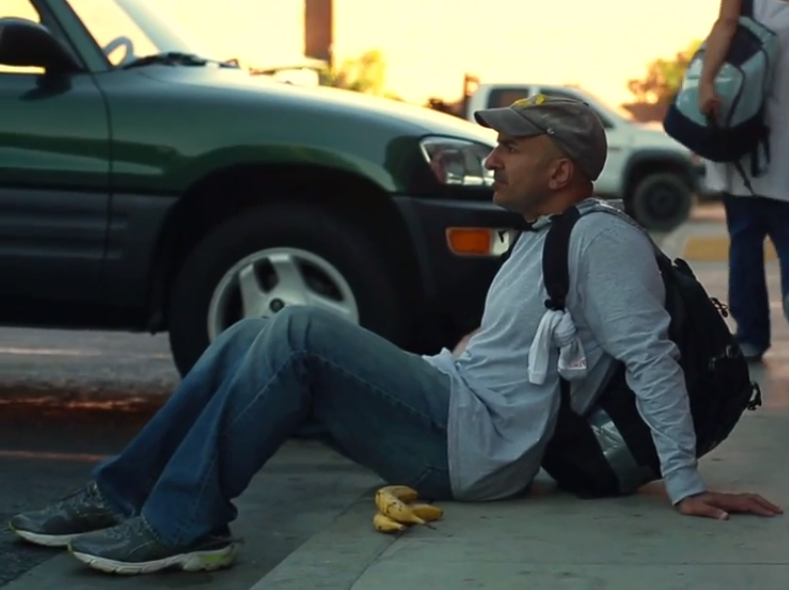The Los Angeles Times reports that GOP gubernatorial candidate Neel Kashkari recently lived as a homeless person for a week in Fresno to point out California’s economic woes. Kashkari also has an essay in Thursday’s Wall Street Journal describing his odyssey, and produced a ten-minute video showing the struggles he endured simply looking for a job.
Kashkari begins his essay by writing:
‘California Comeback!’ is the favorite slogan of Gov. Jerry Brown and other Sacramento politicians cheering a temporary budget surplus provided by a roaring stock marketBut California also has the highest poverty rate in America at 24%. Is California really back?
If Kashkari’s journey was typical of what exists in the state, the answer is no. He started his week on July 21 by traveling to Fresno from Los Angeles, along with two videographers, with “only $40 in my pocket (and no credit cards), a backpack, a change of clothes and a toothbrush.” Kashkari writes that he was thinking, “I am an able-bodied 41-year-old. Surely I could find some work.”
It wasn’t to be; he walked the city streets for miles in the 100-degree heat looking for work, willing to wash dishes, act as a janitor, pack boxes, or do any kind of menial work available. He noted that in all that time, he didn’t see one “Help Wanted” sign, but did see numerous fast-food outlets allowing that they took food stamps.
Halfway through his odyssey Kashkari had little money left; other homeless people told him to go to Poverello House, which serves the homeless. But there was a major problem; Poverello House had no beds left; so he had to sleep on the street. He could only take one shower during the week.
In addition, because he had to eat at Poverello House, he had to stay within range of the shelter so he wouldn’t miss a meal. He had only enough money for one city bus ride, so the radius for looking for a job shrank.
Without a bed or any money, he was forced to sleep on park benches or in parking lots, but every night, police or security guards woke him up and forced hm to move away.
Kashkari continues:
The people I met during my week in Fresno are proud. They don’t want to be homeless. They don’t want to be poor. They don’t want to depend on a shelter or the state. Most want jobs but simply cannot find one. But this poor job market doesn’t just affect people seeking minimum-wage jobs; it also affects people up the education ladder. An educated, professionally trained photographer told me that when the economy faltered, his photography work dried up. Now he is grateful to have a job serving coffee.
He notes that the Fresno Community Food Bank is overwhelmed, feeding 220,000 residents every month, including 90,000 children. That is a 340% rise from a few years ago. And with Fresno, the fulcrum of the state’s agriculture economy, suffering from a third year of record drought, and the consequent increase in the price of water, 500,000 acres of land are lying unused.
Kashkari says that five days into his journey, “I asked myself: What would solve my problems? Food stamps? Welfare? An increased minimum wage? No. I needed a job. Period … A job was the one thing that could have solved my food, housing and transportation problems.”
Kashkari concludes his essay by writing:
While the politicians who run California pat themselves on the back and claim a “California Comeback,” they willfully ignore millions of our neighbors who are living in poverty. California’s most vulnerable citizens deserve leaders who will fight for them.
He will appear Thursday on MSNBC’s Morning Joe program and also hold a press conference at a Sacramento food bank.

COMMENTS
Please let us know if you're having issues with commenting.